Executive Summary
Justification Of Project And Component
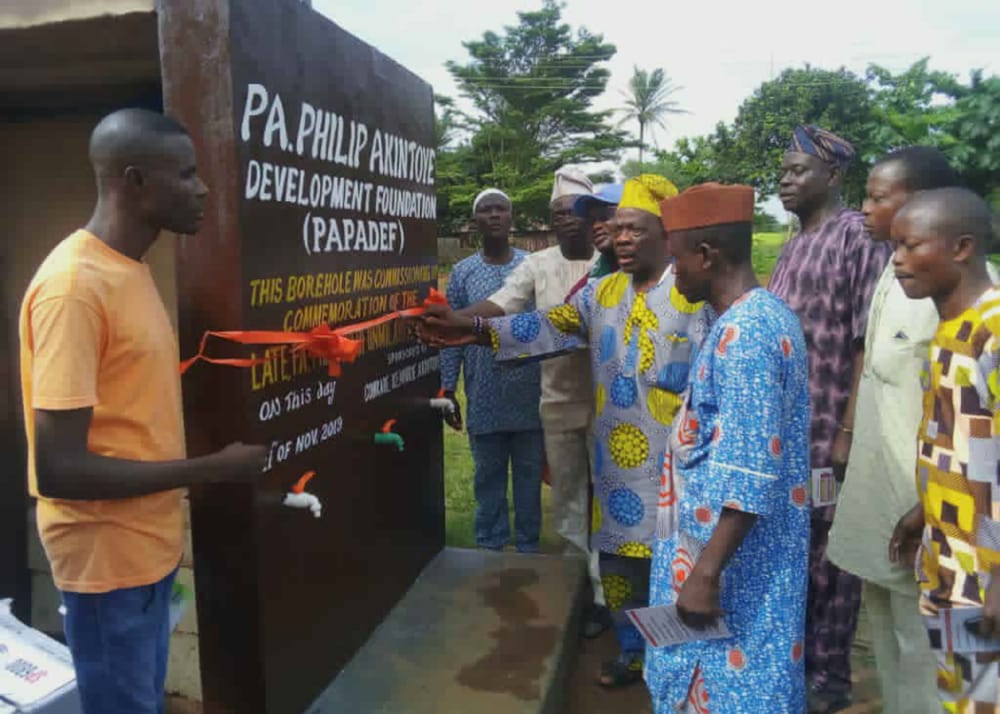
EMPOWERMENT
The increasing rate of unemployment especially among youth and slow pace of development is a global phenomenon. However, for a significant global development agenda to occur, skills of the youths and young entrepreneurs must be built and localized in community through innovative ideas and entrepreneurship for accelerated growth. The high unemployment rate and underemployment of youth in Africa is expected to exceed 30% (ILO), and Nigeria contributed a significant percentage of this statistic.
EDUCATION
In Nigeria, about 10.5 million children are not in schools even though primary education is officially free and compulsory (UNICEF 2019). Education is a fundamental human right that promote sustainable development and lifelong opportunity for all in any society. However, there is no equal access to quality education especially for girls building programs for schools to ensure many more girls and children are in schools, and about 60% out of school children are girls.
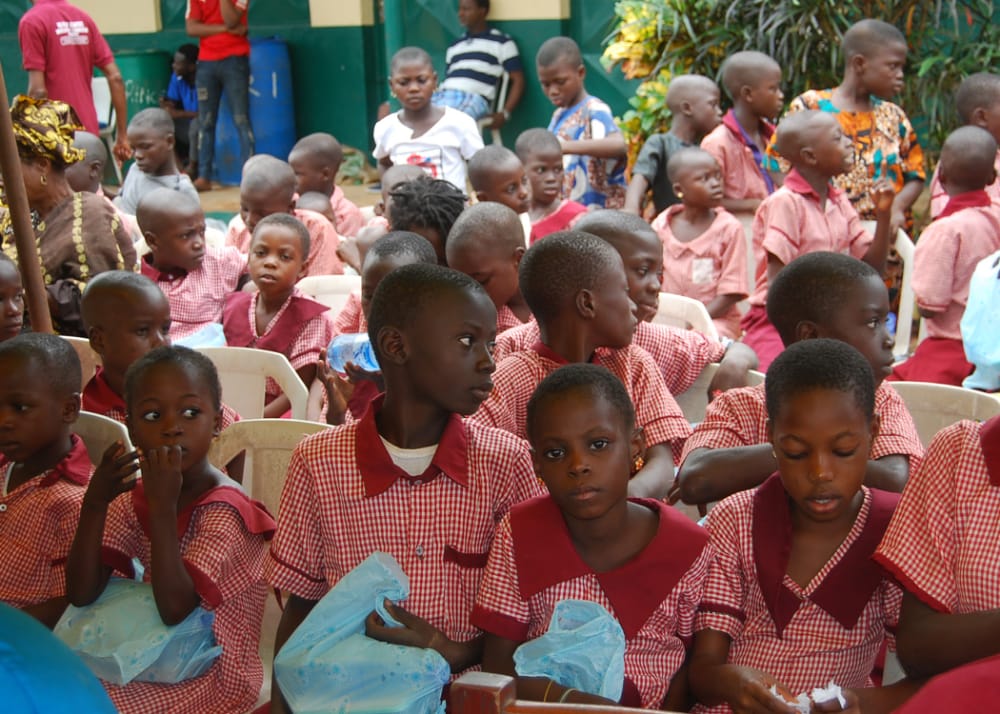
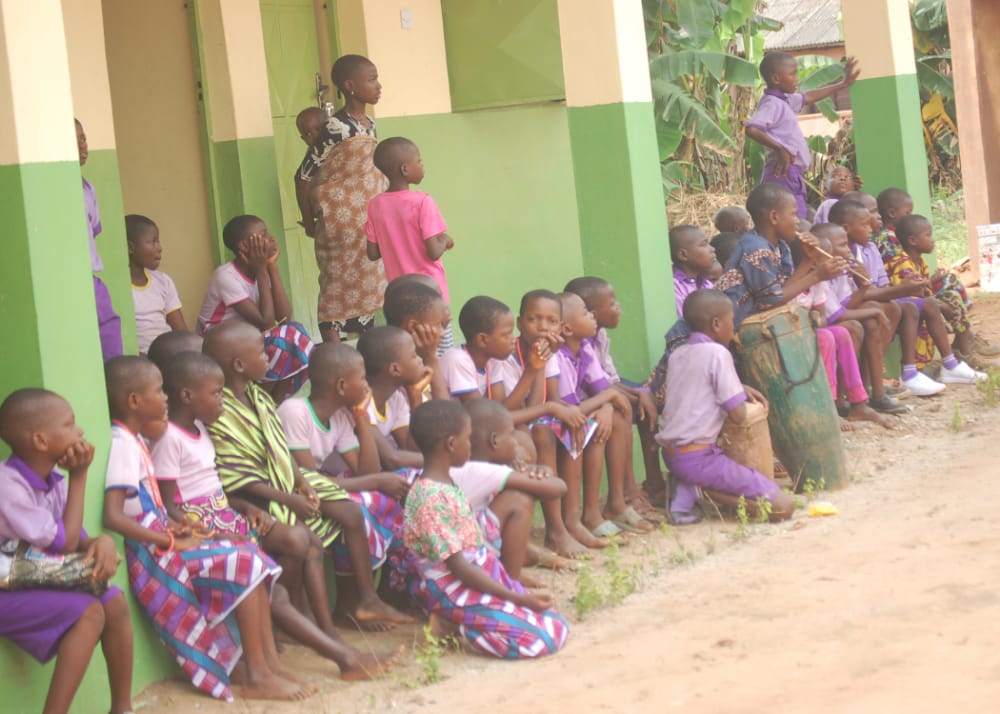
SHRH ADVOCACY
Globally millions of people are at risk of one health challenge or the other, and at the core is the sexual and the reproductive health rights of women. We believe in strengthen system to allow women and girls access the quality health care and provide sexual and reproductive health information through advocacy and awareness raising programs, and dissemination of IEC materials
WIDOWS EMPOWERMENT
Widowhood practices across Africa is still a major challenge that women face, and this impact negatively on their physical, economic mental, psychological and social wellbeing. In Nigeria in particular, widows go through various forms of dehumanisation and abuse of their fundamental human rights which is as a result of harmful cultural practices. We envisage a world where there will be gender equality and opportunity for widows to start life afresh for themselves and their children following the death of their spouse.
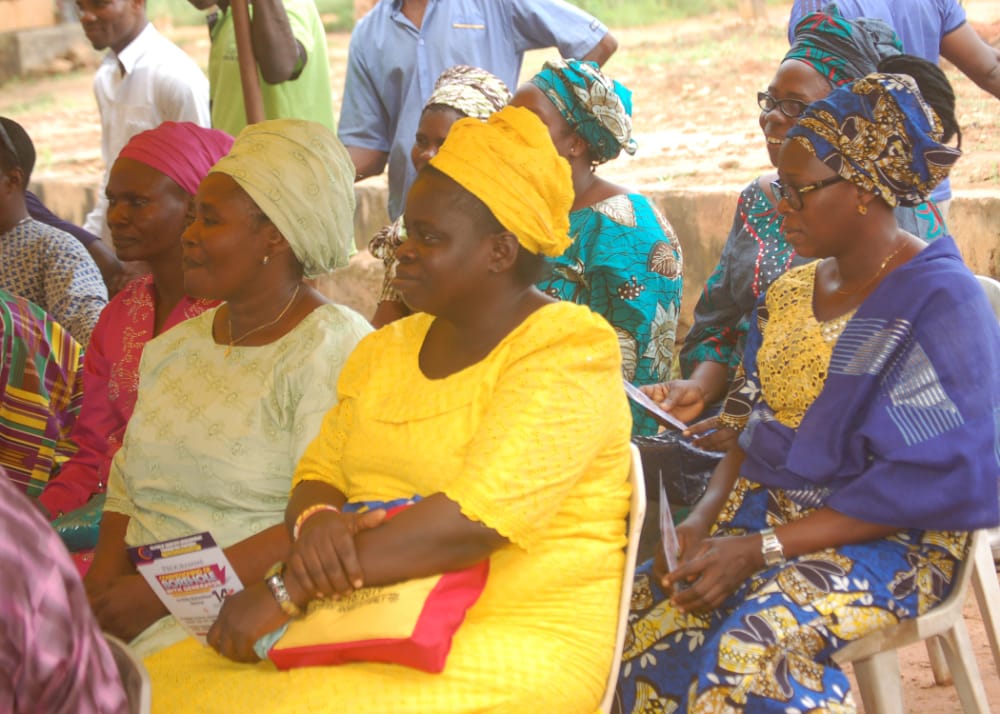
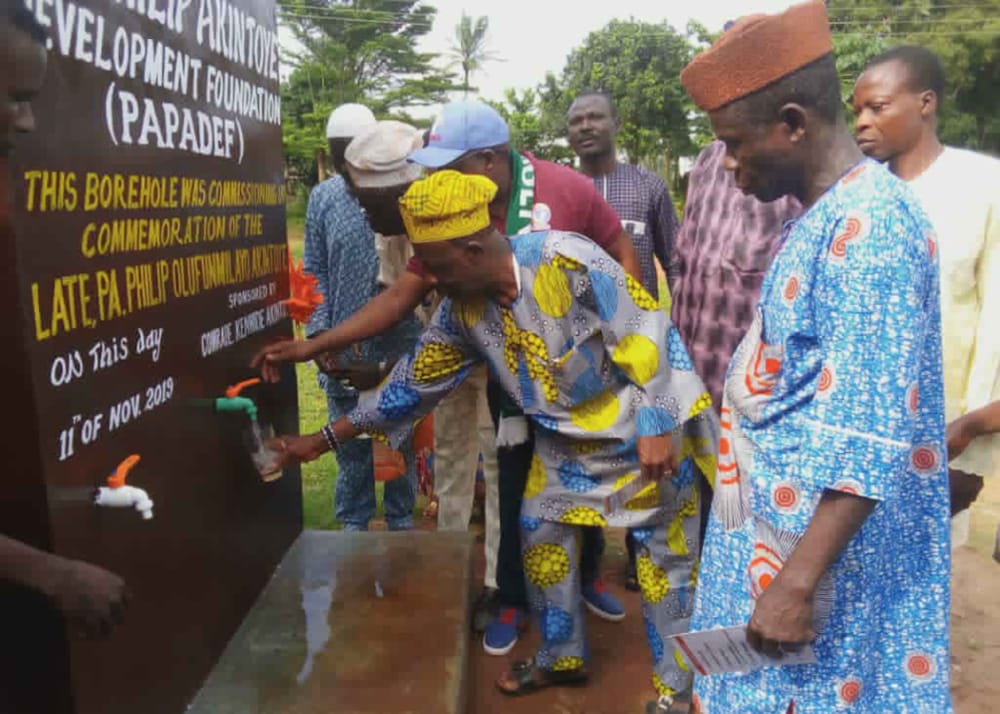
WATER AND SANITATION
Access to clean water and sanitation for all remains a pressing problem in Africa and Nigeria in particular. Lack of clean drinking water is a problem impacting communities especially in rural communities, and millions of people, including children die annually from water sanitation related diseases. Many of these prevalent diseases affect Nigerian’s especially children; amongst which are malaria, tuberculosis, diarrhea and dysentery, due to unhealthy environmental conditions (NPC 2004). 80% of waste water goes into waterways without adequate treatment. (UND 2015).
Component of Our Widows Empowerment Project
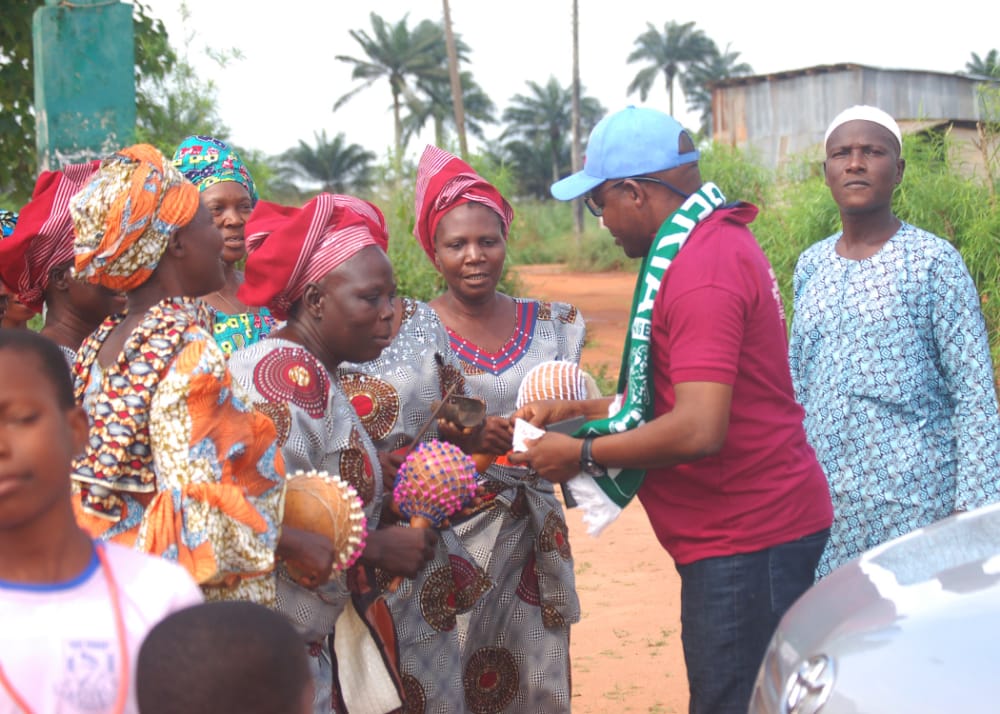
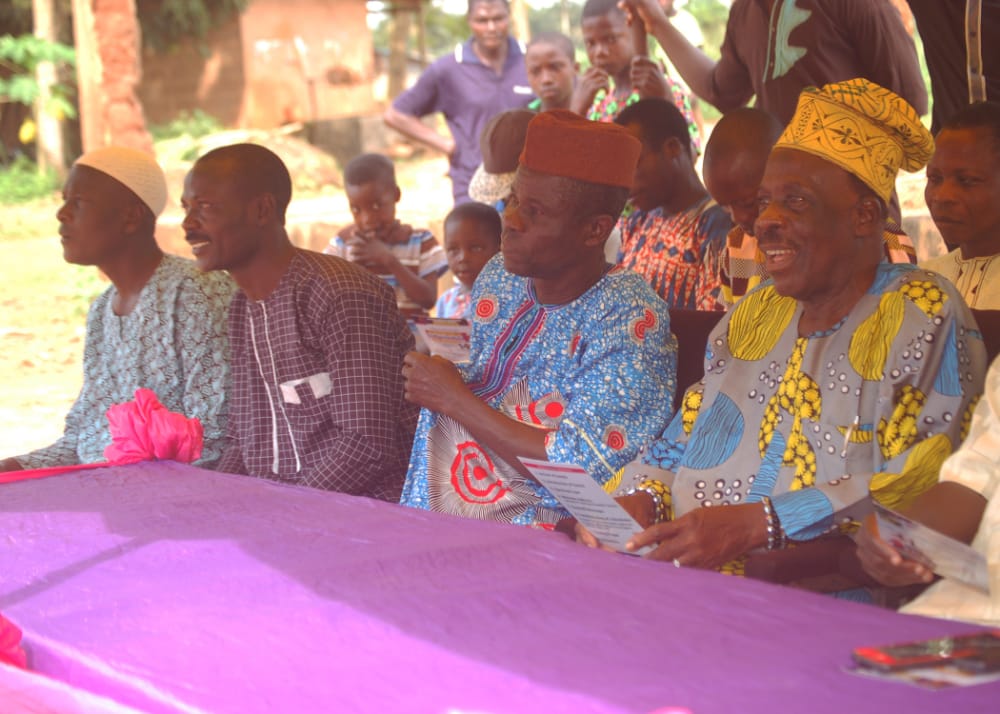
Component of Our Health Project
To improve sanitation and access to safe drinking water, we engage communities through sanitation sensitization programs and provision of boreholes for under-served communities.
Furthermore, we address the issue of maternal and child health through advocacy, awareness raising and capacity building programs to strengthen healthcare system in rural communities.
Each community sensitization program cost 100,000 per community while the cost of providing a borehole for a community is given on request
Component of Our Educational Project
We promote equal access to education for primary and secondary schools and carryout educational programs around skills building and accesses to SHRH information, through advocacy, sensitization programs and dissemination of Educational materials
We also provide sex education and age appropriate relevant information to children in low cost schools during related International Days of reference as well as career talks, counselling/referral services to these school children using our trained facilitators/counsellors.
This project cost 20,000 per child
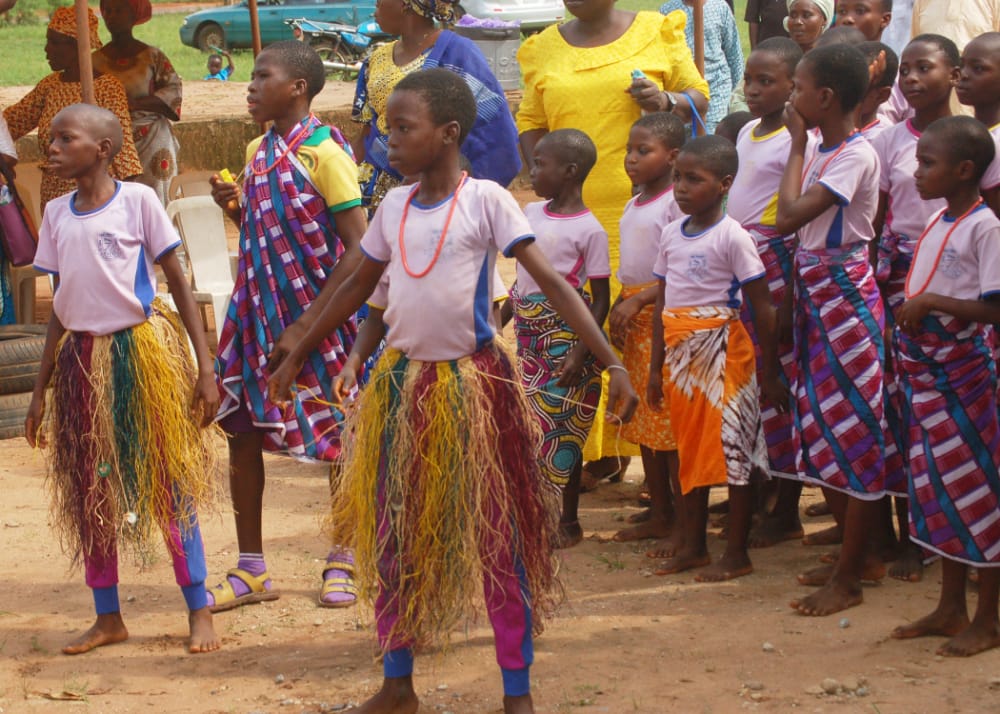
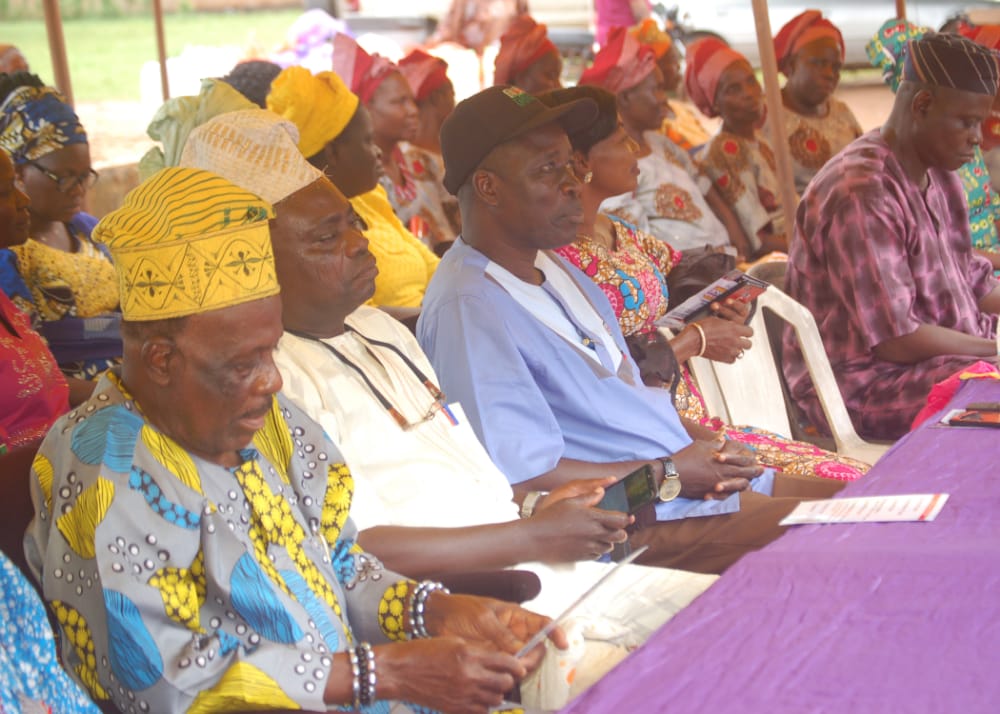
Component of Our Community and Social Development Project
We promote the rule of law, human right and also systems in strengthening community participation in peace building process.
We also promote accountability, transparency, equity and inclusion of citizens in government processes by partnering with relevant agencies on projects, awareness raising programs as well as through advocacy
The implementation of each project/program here cost 100,000
